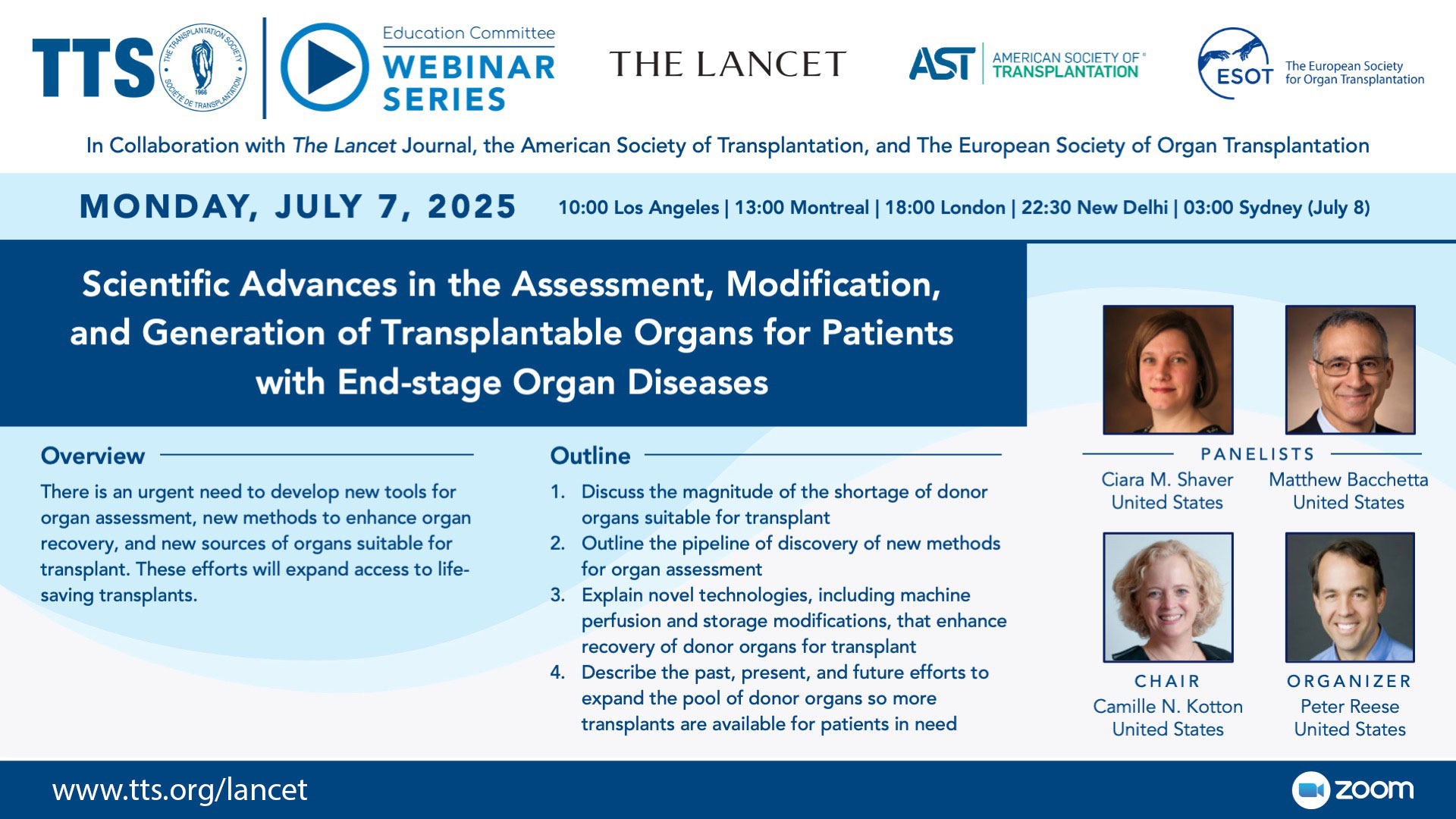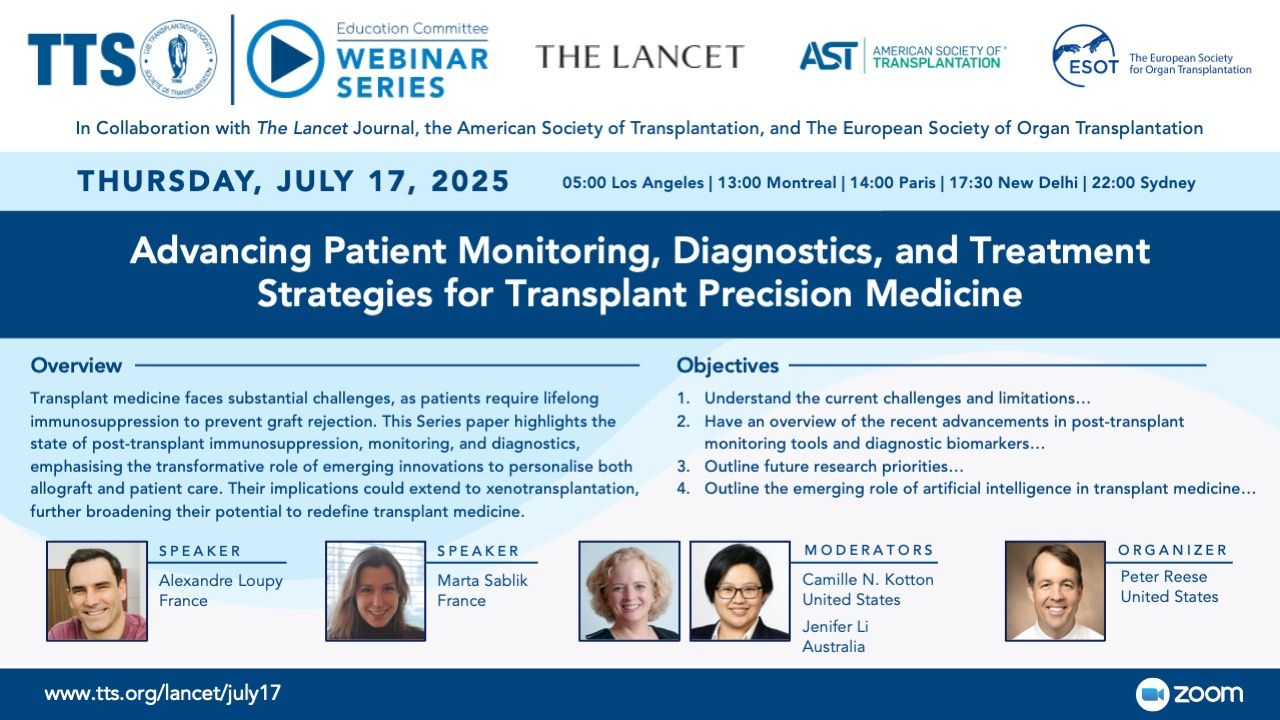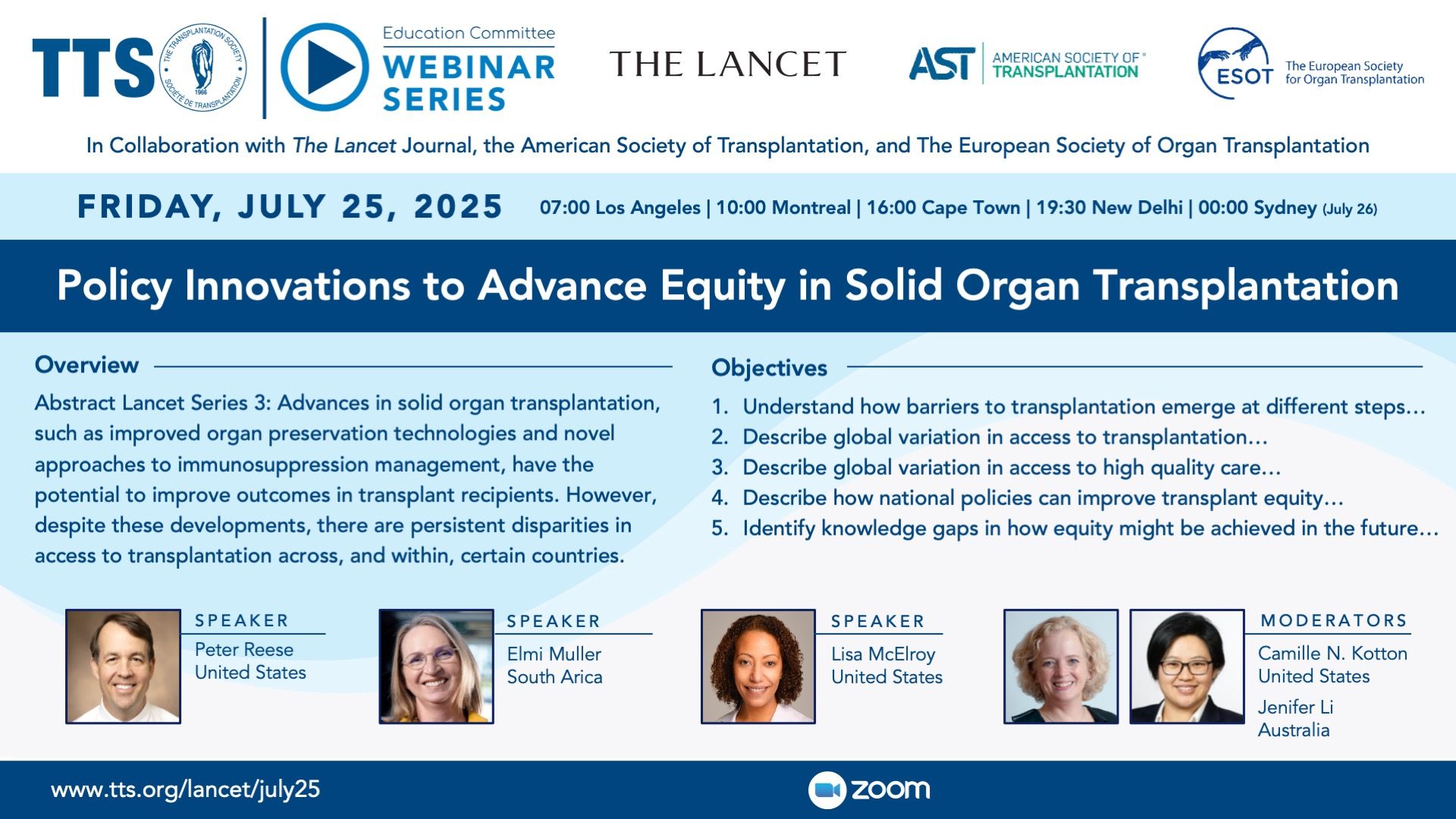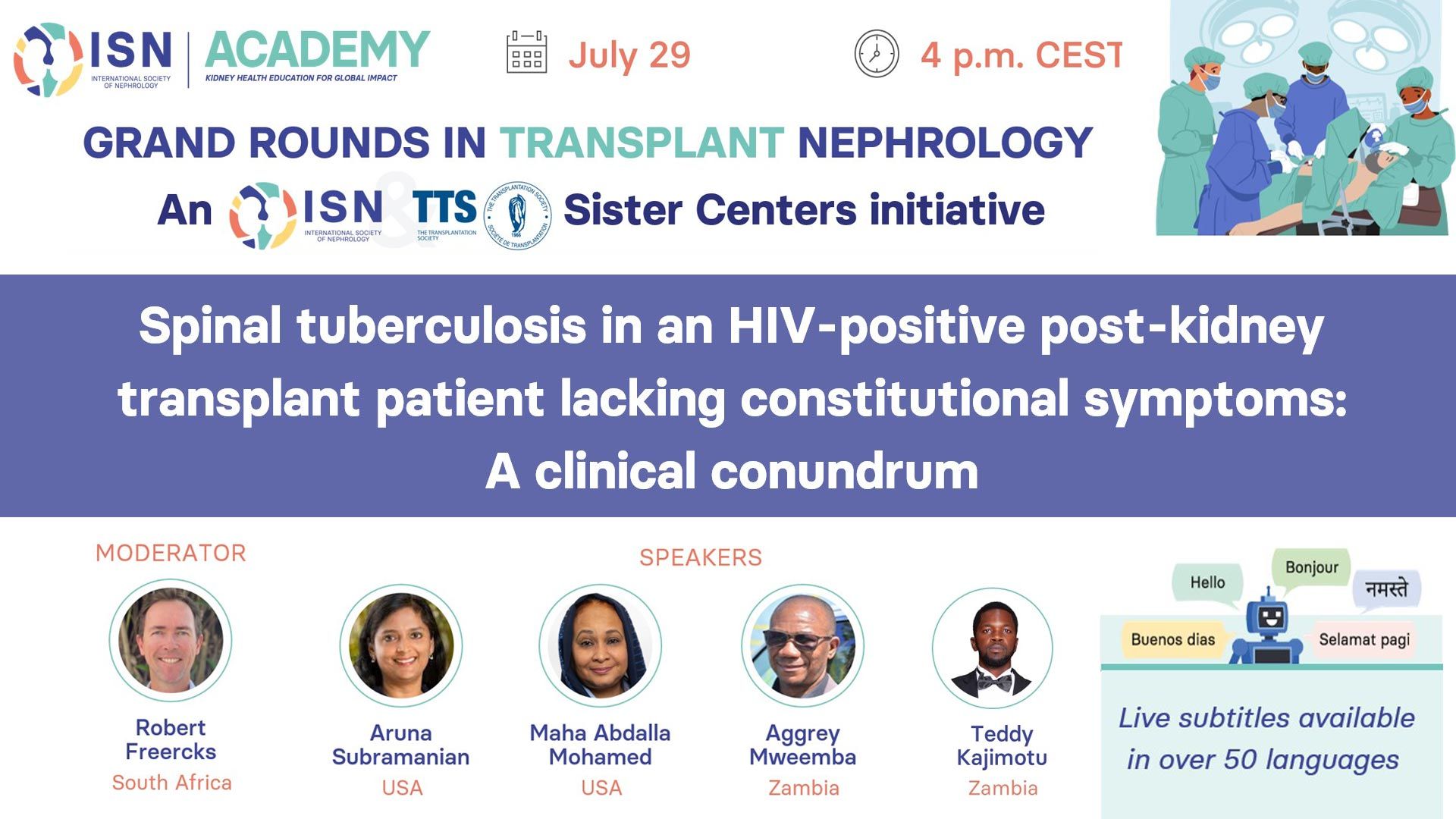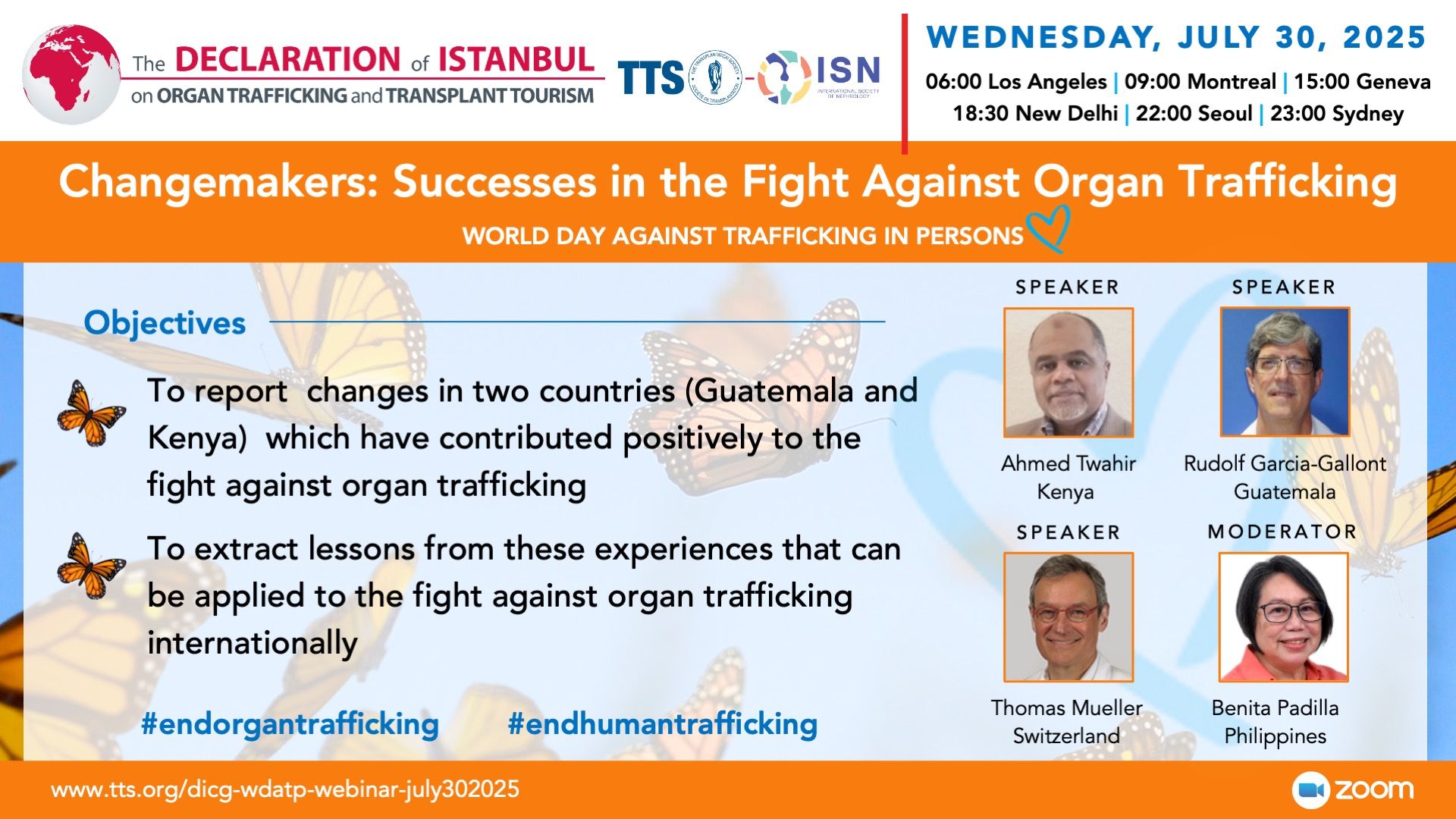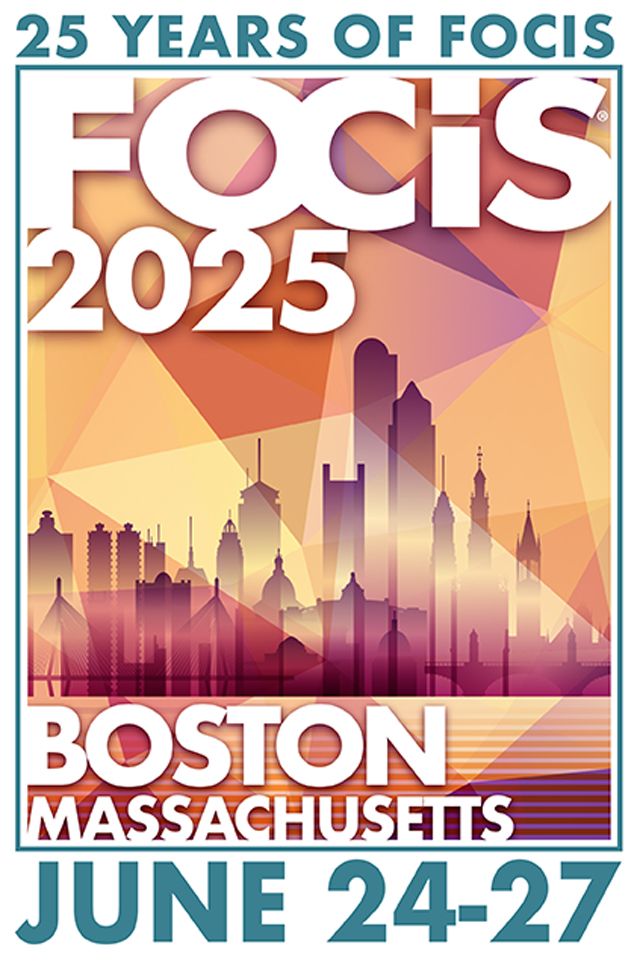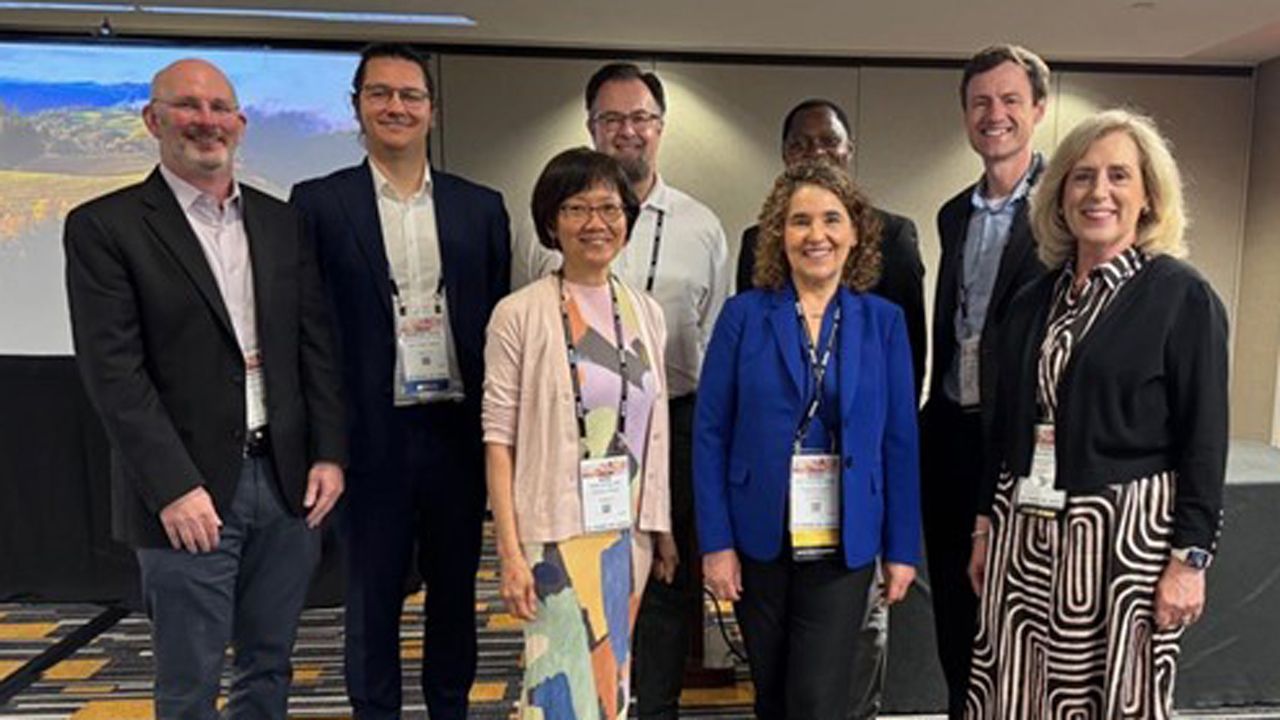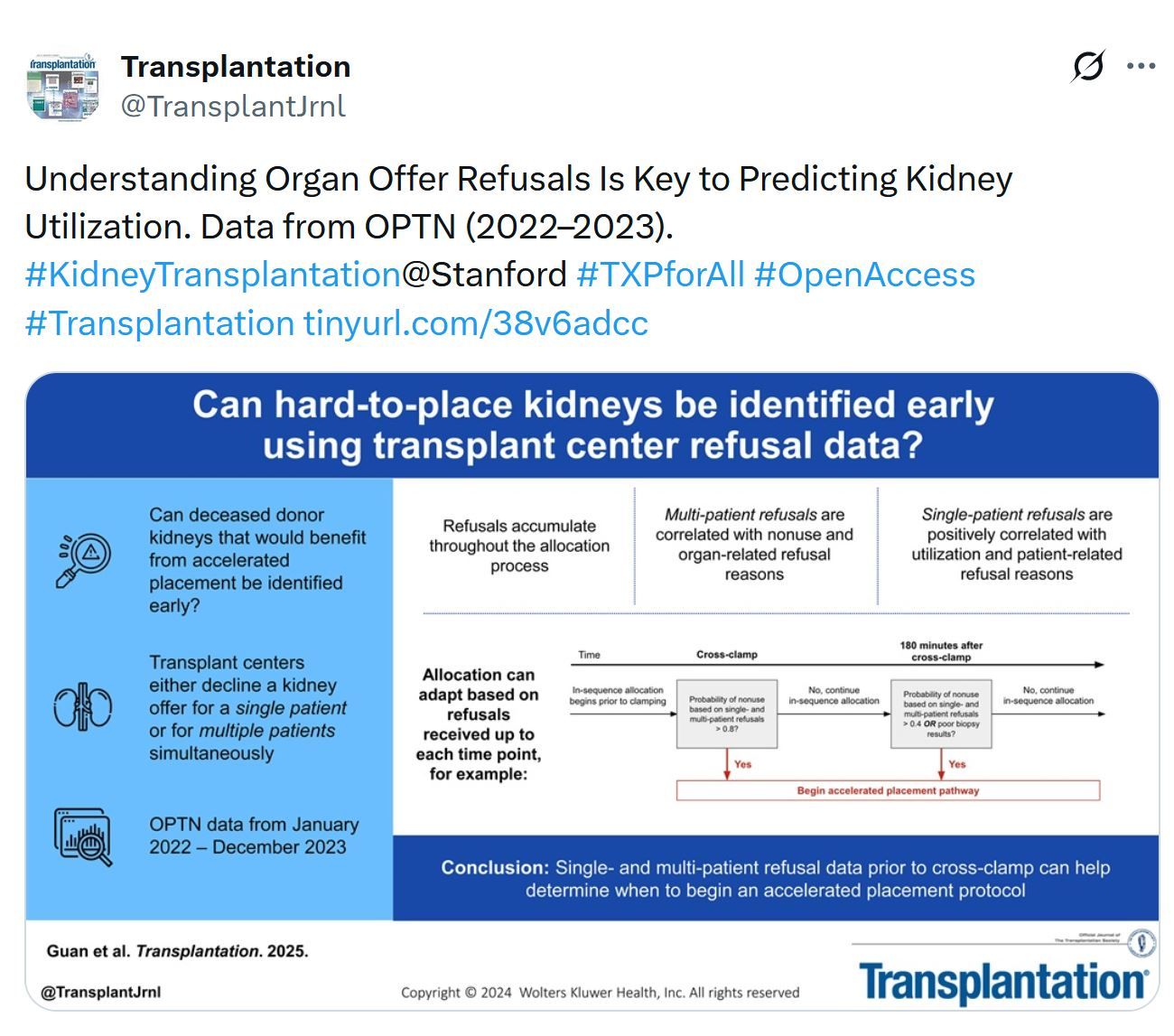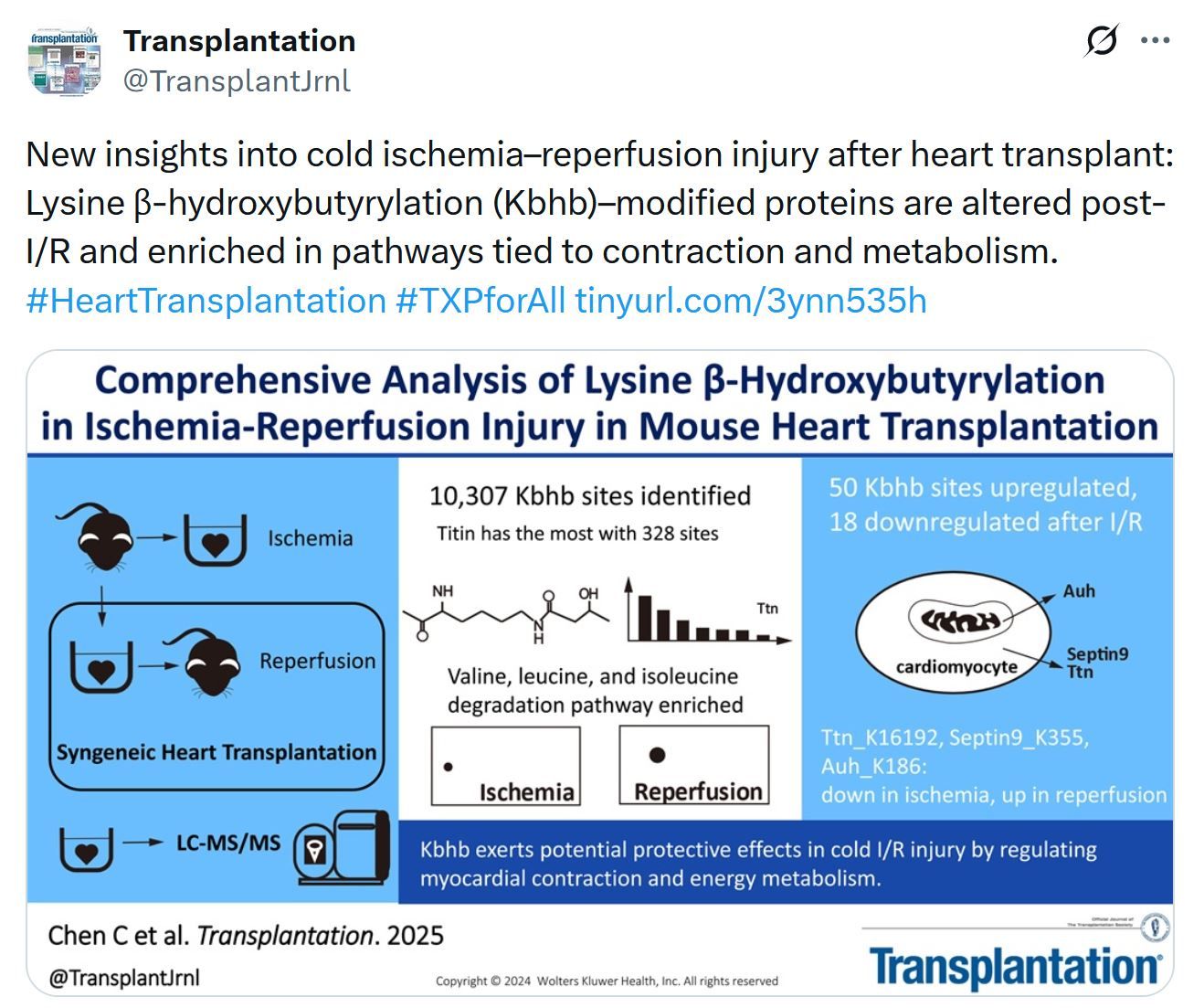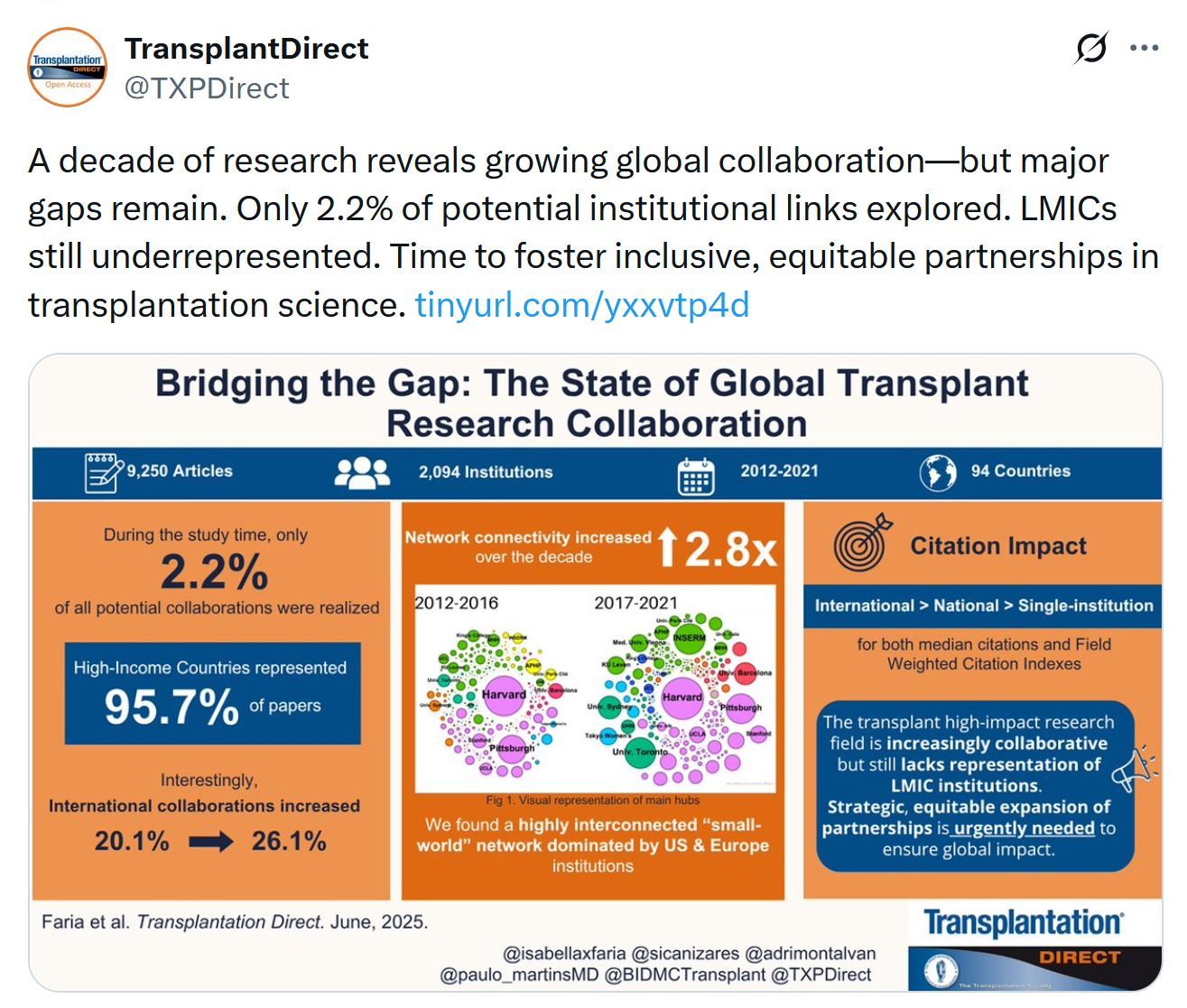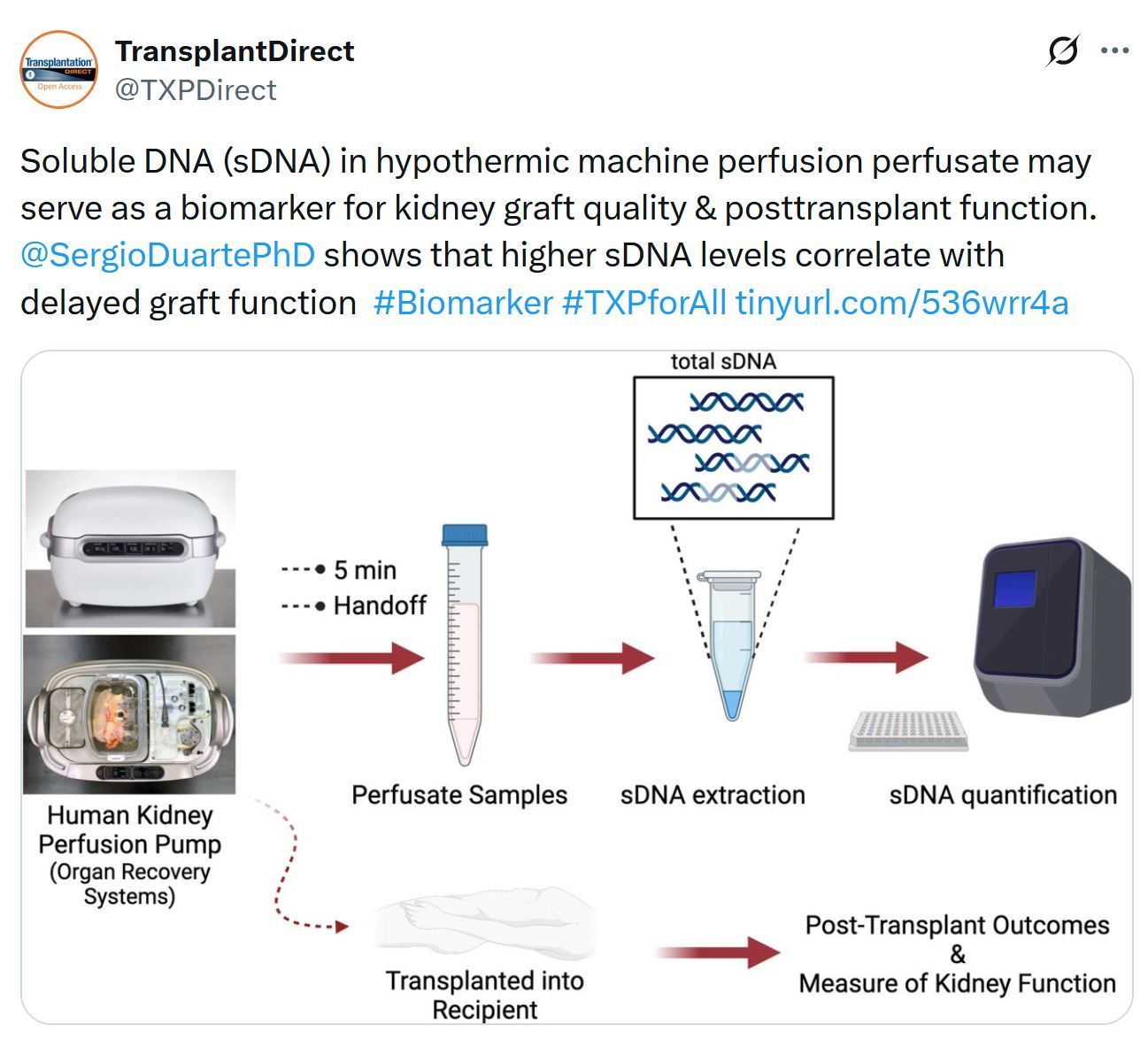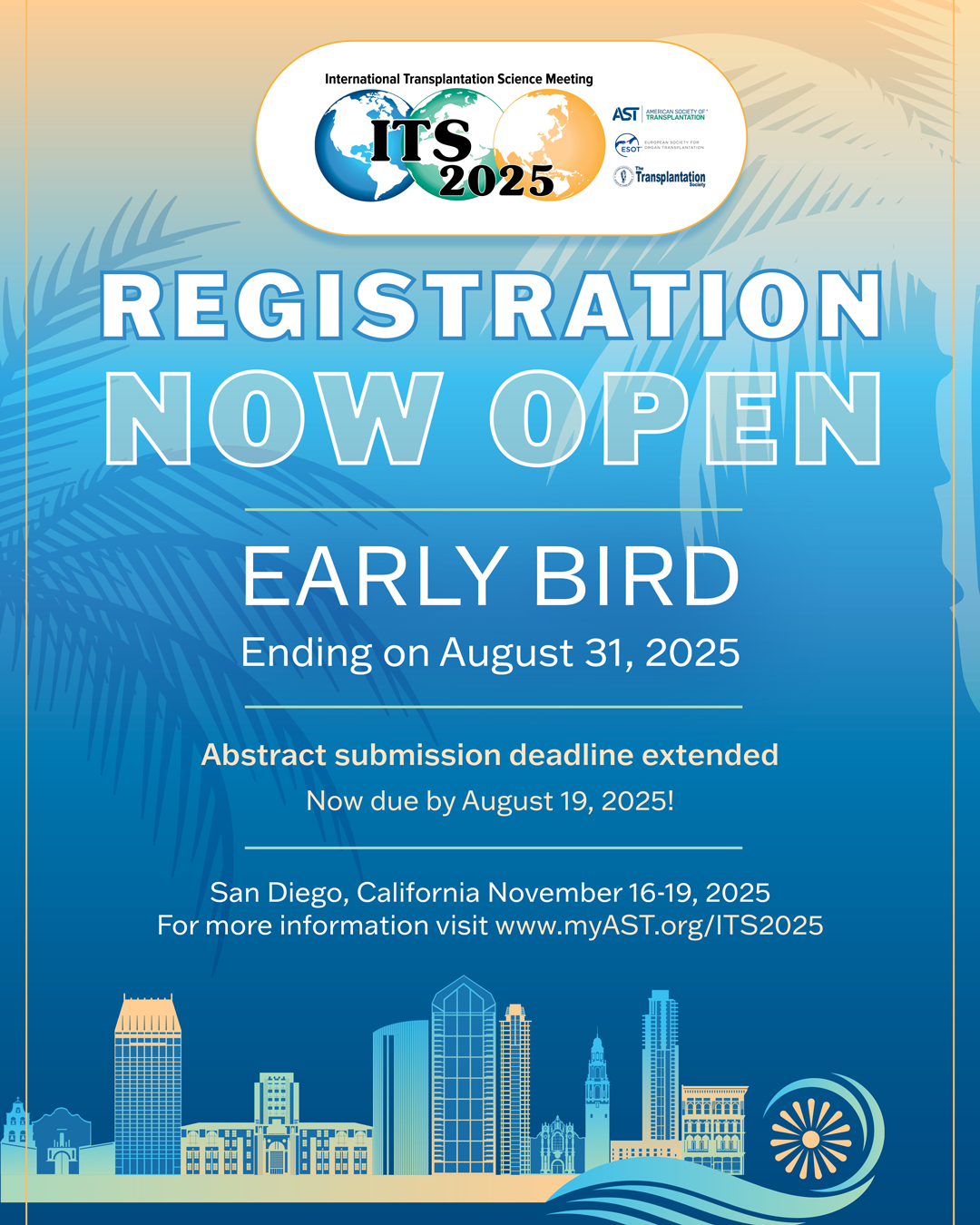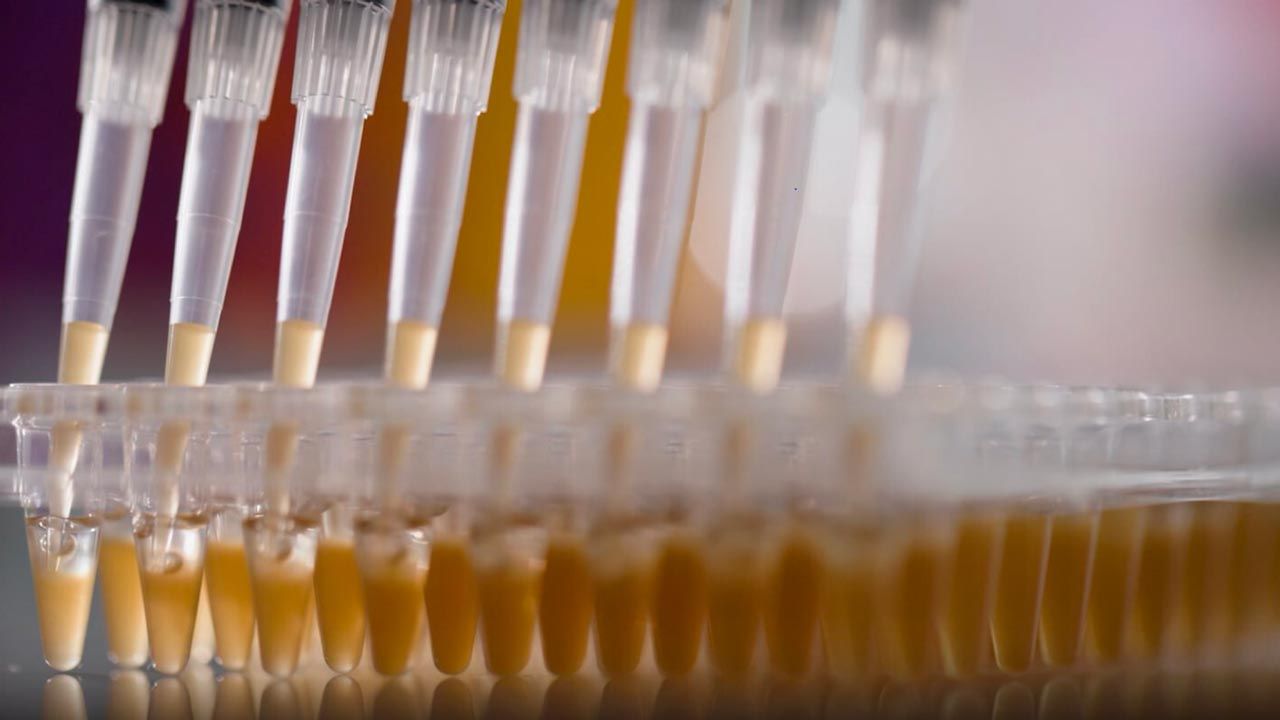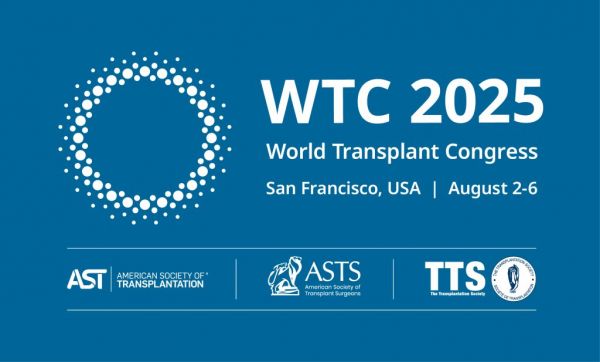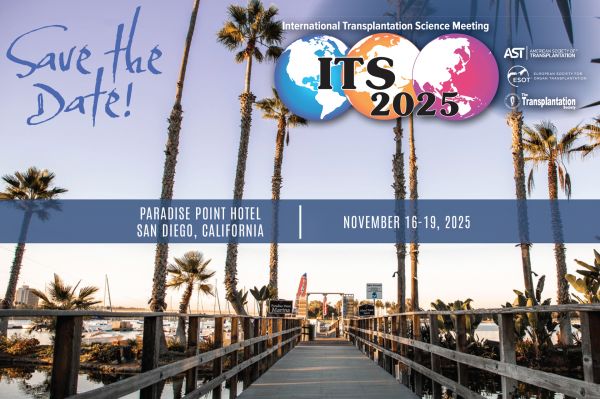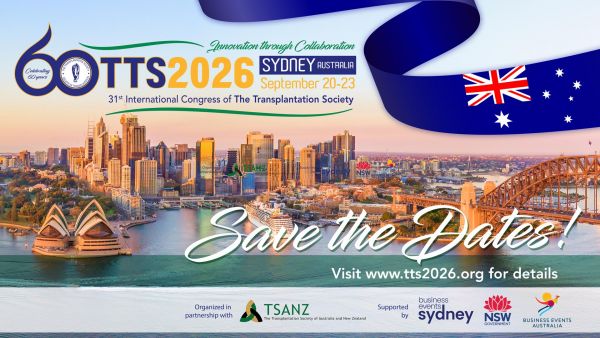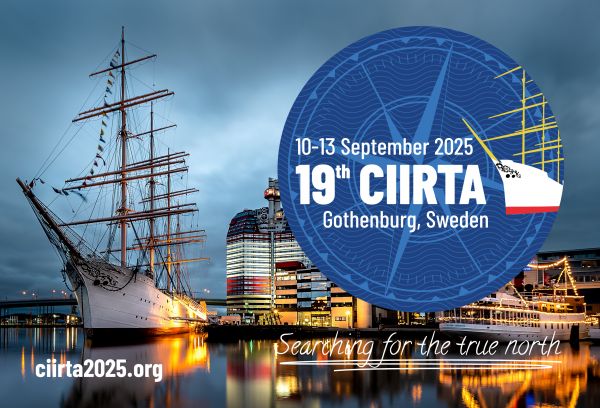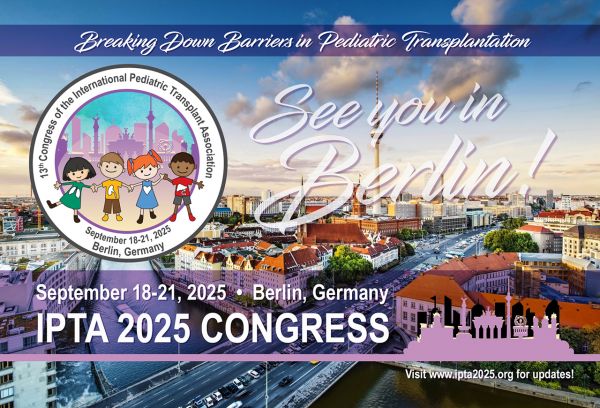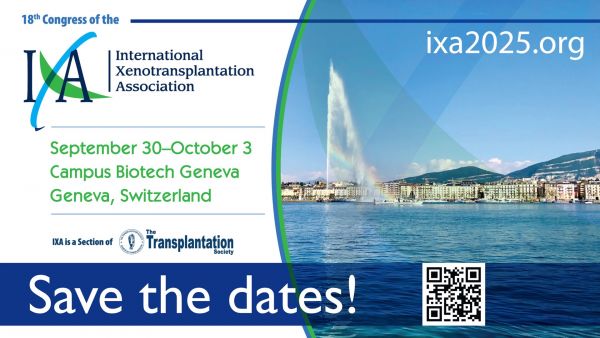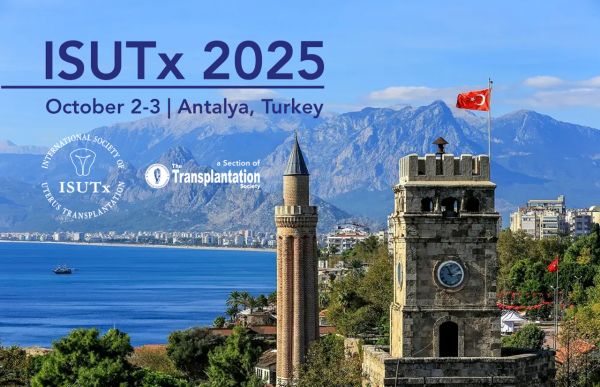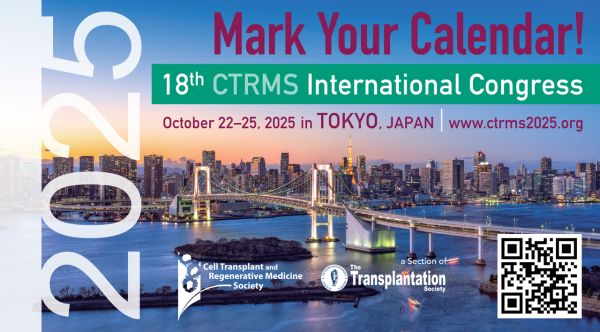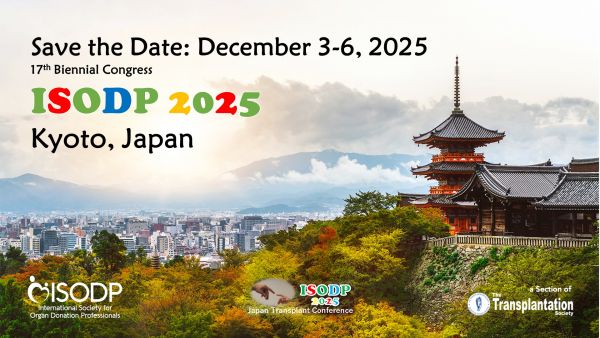
JUST RELEASED - Transplantation Direct - July 2025 Issue
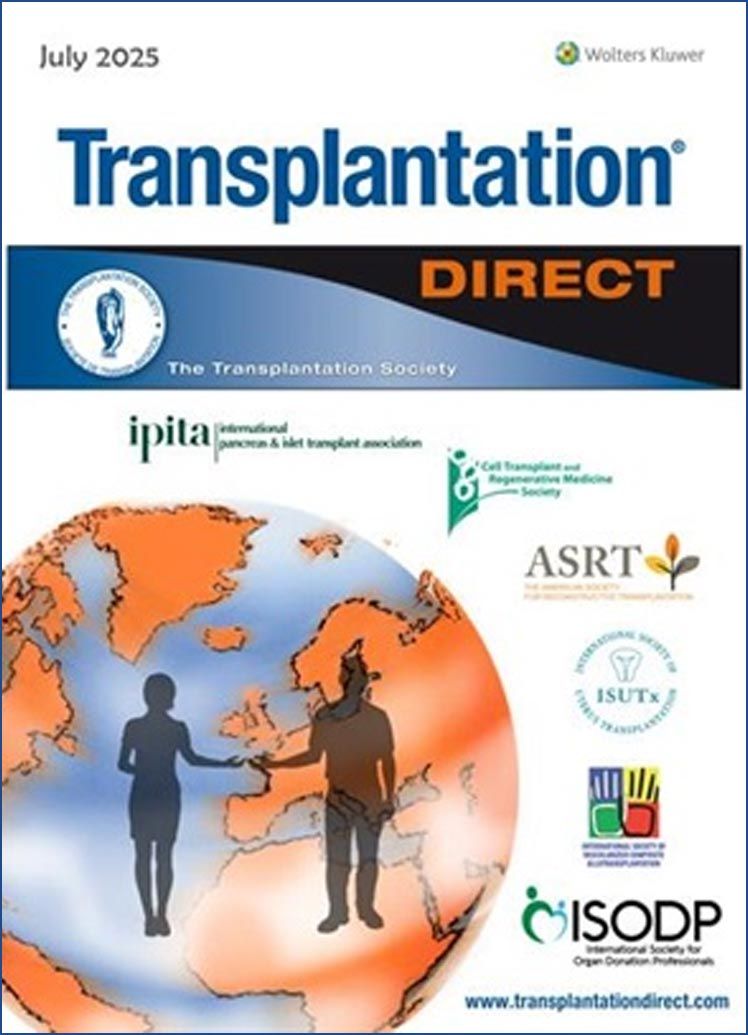
The July issue of Transplantation Direct covers a wide spectrum of topics in transplantation research. Starting with kidney transplantation, we have studies on policy change effects related to the use of KDPI HCV NAT+ organs, surgical innovations in living organ donation, and the impact of cardiac revascularization on transplant outcomes. In liver transplantation, researchers address whether machine perfusion reduces biliary complications after DCD, and a survey measures current perceptions by surgeons regarding machine perfusion methods; also, there are reports on bioinformatics approaches to assess autophagy in ischemia reperfusion injury, on determining whether high-experience centers have better outcomes in cholangiocarcinoma patients, and on specific surgical techniques to successfully do liver transplants in non-human primates. For the lung transplant community, we have articles looking at the impact of Composite Allocation Score on waitlisting and outcomes, and there is report on analysis of molecular allograft injury profiling in different types of post-transplant lung pathologies. Small bowel transplantation is also covered, with articles on the use of 3D laparoscopic live donor ileal resection with living donation, and new approaches to improving survival in pediatric patients developing GvHD. In kidney-pancreas transplantation, eculizumab plus basiliximab/belatacept is used without CNIs to manage cases of thrombotic microangiopathy. On organ donation, we have a UK study examining eligible DBD donors proceeding via the DCD pathway. Finally, in general, the current landscape of global transplant research collaborations is investigated and summarized. Please visit our open access Transplantation Direct website for all the details on these and other publications.
CLICK HERE TO ACCESS THIS ISSUE
TTS MEMBERS - CLICK HERE TO SIGN-IN FOR OPEN ACCESS THROUGH TTS.ORG
Quick Question: Are You Coming to WTC 2025?

Countdown is on to WTC 2025
Upcoming Joint Webinar Presentations | The Lancet - TTS - AST - ESOT
Upcoming Webinar Presentations
FOCiS 2025 - 25th Annual Meeting of the Federation of Clinical Immunology Societies
Highlights from the joint TTS-ASHI-AST symposium
The joint TTS-ASHI-AST symposium, held on 24 June 2025 at FOCIS in Boston, drew an engaged audience of around 40 delegates for a lively three-hour exploration of “Evolving Cell Therapies in Transplantation – Epigenetic Modulation.” The programme traced the field’s rapid progress from basic transcriptional control of regulatory T-cells through to clinically relevant biomarkers and precision gene-editing strategies. Highlights included Andrew Wells’ demonstration that Foxp3 relies on Ikaros to safeguard Treg identity, Anita Chong’s assessment of the hurdles facing CAR-Tregs in promoting infectious tolerance, and Joanna Schaenman’s unveiling of an epigenetic CMV-risk score for lung-transplant recipients.
After a welcome coffee break, Sean Agbor-Enoh showed how tissue-of-origin signatures in cell-free DNA can sharpen graft-versus-host diagnostics, John Greenland mapped DNA-methylation fingerprints of allograft injury, and Dimitrios Wagner closed the morning by showcasing CD3ε editing, in contrast to CAR insertion, to retarget Tregs. The steady discussion, cross-disciplinary networking and clear translational focus confirmed the session’s success and underscored the value of partnership between the three societies in driving next-generation cellular therapies towards the clinic.
ITS 2025 - Early-bird Registration is Open
Join us for the 2025 International Transplantation Science meeting (ITS 2025) and connect with the leading global transplantation community!
On behalf of AST, ESOT and TTS, we wish to extend to you a warm welcome to the 2025 International Transplant Science meeting in San Diego, California USA.
In the News
London woman off insulin for Type 1 diabetes after a single dose of experimental manufactured stem cells
Contact
Address
The Transplantation Society
International Headquarters
740 Notre-Dame Ouest
Suite 1245
Montréal, QC, H3C 3X6
Canada
Используйте Вавада казино для игры с бонусом — активируйте промокод и начните выигрывать уже сегодня!



